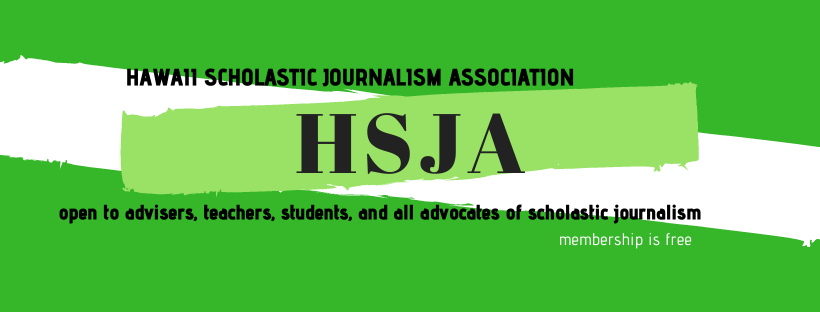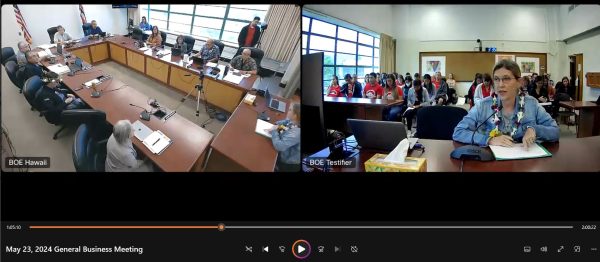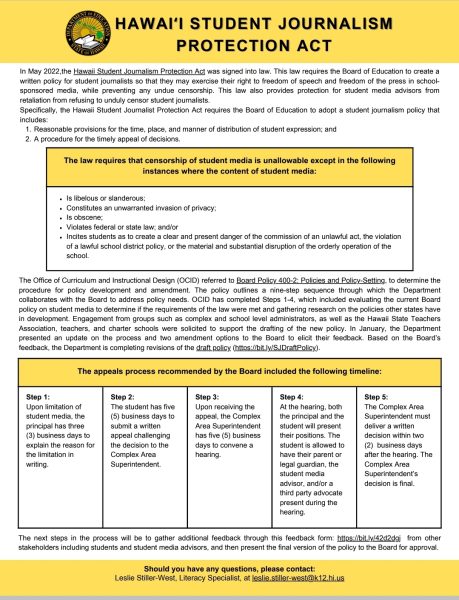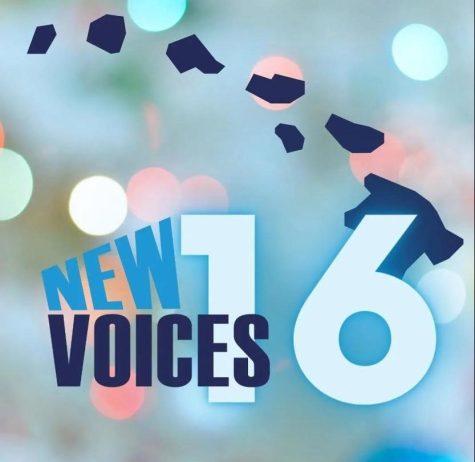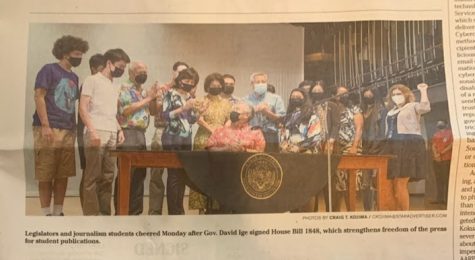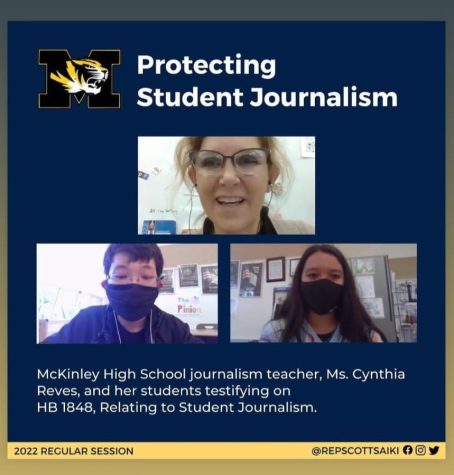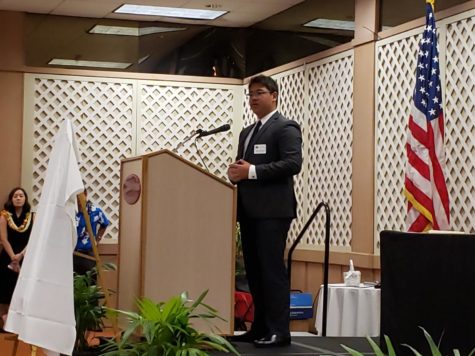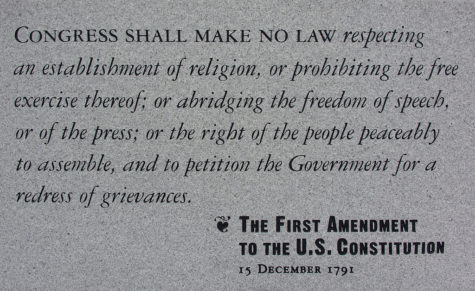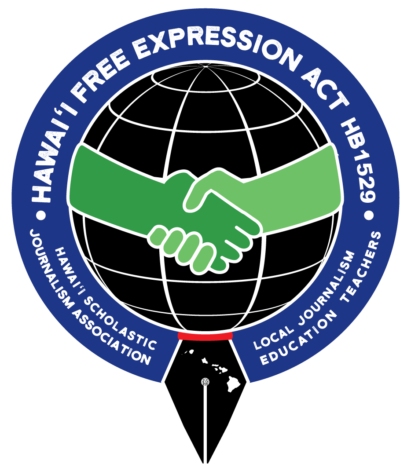Tips for New Voices testimony
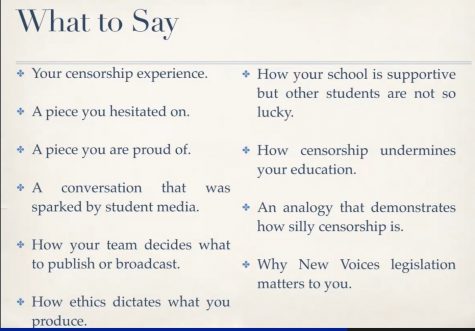
If you plan to submit or present testimony, here are a few templates you could use. They are generic and could be made more impactful if you have personal experience of how being censored or not being censored made you feel and/or impacts your ability to do your job as a journalist/adviser.
_________________________________________________
“I’m testifying in support of the Hawaii Student Journalism Protection Act. My name is _________. I am testifying in my capacity as a ____________. Civic engagement is vital to a functioning democracy. Young people who are civically engaged become adults who are civically engaged. Working on a school media outlet is a powerful civics lesson. However, under current federal law, school administrators can and do tread on the civil rights of student journalists through censorship. The Student Press Law Center receives thousands of requests for legal assistance per year from student journalists. Censorship sends the message that student voices don’t matter. There may be some concern that giving too much control to young people, but this law does not protect unprotected speech. What it does is protect the rights and clarify the responsibilities of all those involved in journalism in public schools, the students, advisers, and administrators. Student voice matters. I respectfully request that you support this legislation and accept this bill in its current form to ensure student voice is heard.”
_________________________________________________
My name is _________. I am testifying in my capacity as a ____________ and am writing in support of the Hawaii Student Journalism Protection Act to restore First Amendment protection to scholastic journalists. Since 1988, one group of students has had their rights restricted, student journalists. A free press is vital to a democracy and it is equally vital that young people like me learn how to practice and understand journalism in the most realistic setting possible. We are taught press law, news value, and journalistic ethics. We have an editing process. We value the input of our adviser. At McKinley, we are lucky that our principal understands all this and supports us. But we don’t want to be lucky; we want to be protected. We want all Hawaii student journalists protected. We want to be able to seek truth, confident that a well-reported story won’t get killed simply because an administrator doesn’t like it. That’s not how journalism works and that’s not how our schools should work. This bill will create better education and a better democracy.
_________________________________________________
My name is _________. I am testifying in my capacity as a ____________ and am writing in support of the Hawaii Student Journalism Protection Act to restore First Amendment protection to scholastic journalists. Student journalists tell important stories that matter to young people. Student journalists cover their campus. We need to be able to do our job. This bill allows us to do that. Please support it.
_________________________________________________
HSJA has collected a few stories of outright censorship or situations that lead to self-censorship in Hawaii schools. Use them if you wish when talking to people about these bills.
- A high school administrator did not allow the student media to run a piece about the N-word. Here is the last sentences of that piece: “The n-word should always be a huge social taboo because of its historical origin and usage; however, society is beyond the point of that. If certain individuals want to continue using the word, then the general public must learn how to comprehend its given context to react in an appropriate manner.”
- A high school administrator didn’t want editorials published unless they were in Pro/Con format. Two that gave the adviser and staff the most difficulty: An editorial about how a student hates Thanksgiving and an editorial criticizing Trump’s Cabinet picks.
- A high school administrator asked the following questions during prior review with the adviser: “Why is this phrased this way? Why is this article about things that Trump has done called a ‘quick and dirty run down’? Some of these measures didn’t pass so why report on them? Why is this statistic phrased this way? Why is this the title of this article?”
- In a high school that has prior review, the administrator held on to the paper so long that the staff decided it was too late to send it to the printer, so they published it online only.
- A college newspaper didn’t cover an issue for fear it would get their adviser in trouble.
- A high school journalism adviser had been attending Hawaii Scholastic Journalism Association meetings which included discussion of New Voices legislation but stopped attending for fear of angering administration

